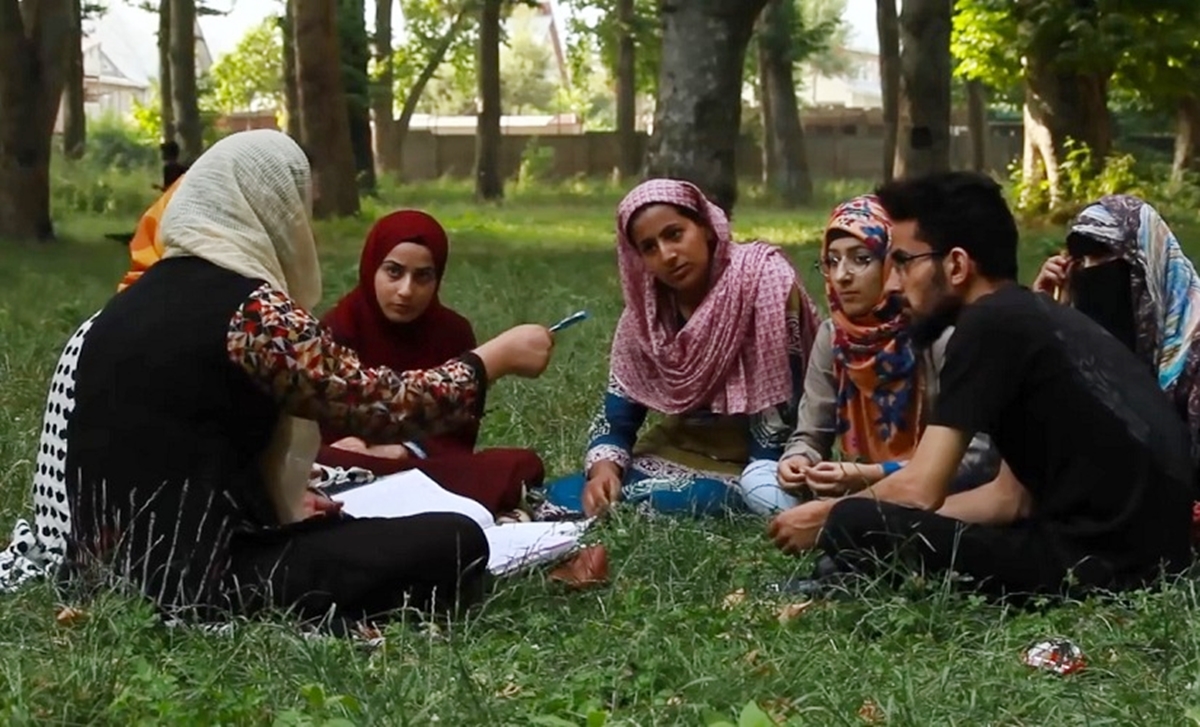Identity Politics, or Idpol, is popularly used to describe a political culture of alliances formed on the basis of a…
Login to Read!
This content is restricted to site members. If you are an existing user, please log in below. Or you can can create an account here.

